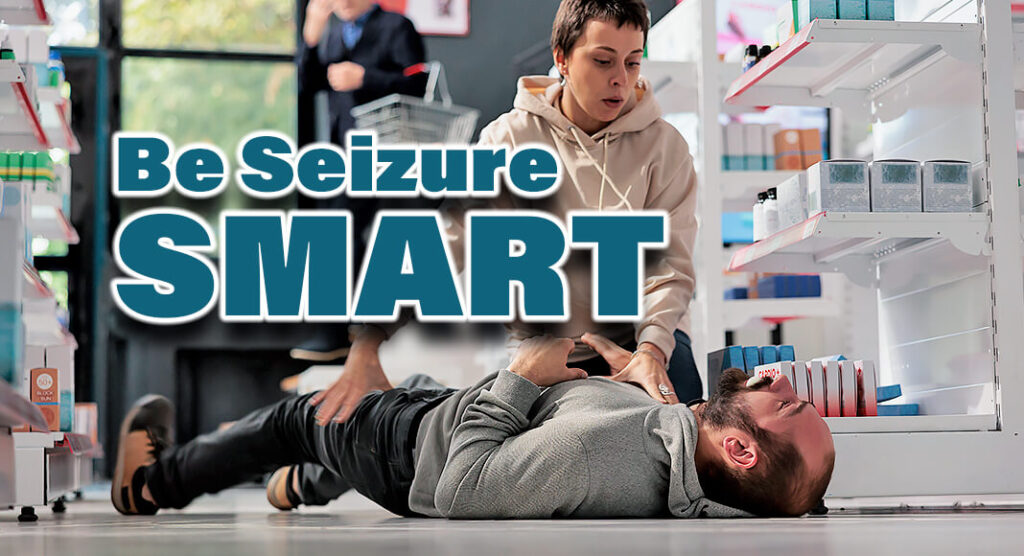
Mega Doctor News
About 1 in 10 people may have a seizure in their lifetime.Follow the easy steps below to help someone during or after a seizure.
- There are many different types of seizures.
- Seizures might not look like what you would expect. Some seizures cause a person to act confused or stare. Other seizures may cause a person to lose awareness and shake.
- Most seizures last for just a few minutes.
First aid for all types of seizures
To help someone who is having any type of seizure:
- Stay with the person and keep them safe from injury until the seizure ends.
- After it ends, help the person sit in a safe place.
- Once the person is alert and can talk, comfort them and explain what happened, speaking calmly and in very plain terms.
- Keep yourself and other people calm.
- Check to see if the person is wearing a medical bracelet, which would tell you if they have epilepsy or another medical condition, and who to call for help.
- Offer to call a ride, friend, or relative to make sure the person gets home safely.
Extra steps may be needed to help someone who is having a seizure with muscle stiffening, jerking, falling, or loss of awareness—called a “generalized seizure”
When a person is having a generalized seizure, they may cry out, fall, shake or jerk, and become unaware of what’s going on around them.

To help someone who is having a generalized seizure:
- Ease the person to the floor.
- Turn the person gently onto one side. This will help their breathing.
- Clear the area around them of anything hard or sharp to prevent injury.
- Put something soft and flat, like a folded jacket, under their head.
- Take off their eyeglasses.
- Loosen ties or anything around their neck that may make it hard to breathe.
- Time the seizure. Call 911 if the seizure lasts longer than 5 minutes.
Get Trained!
Seizure first aid is easy for anyone to learn and to give. Some people may need to understand how to provide more specialized help, including:
- People who have loved ones with epilepsy.
- People who coach or lead groups.
- People who work in public settings such as schools.
CDC supports the Epilepsy Foundation to provide free, online seizure first aid training and certification. Certified Health Education Specialists (CHES/MCHES) may receive continuing education contact hours for participating. For more information, visit the Epilepsy Foundation.
| Do I Call 911? |
| Seizures don’t usually require emergency medical attention. Only call 911 if one or more of these things happen: |
| The person has never had a seizure before. |
| The person has trouble breathing or waking up after the seizure. |
| The seizure lasts longer than 5 minutes. |
| The person has another seizure soon after the first one. |
| The person is hurt during the seizure. |
| The seizure happens in water. |
| The person has a health condition like diabetes or heart disease, or is pregnant. |
Information Source: CDC












